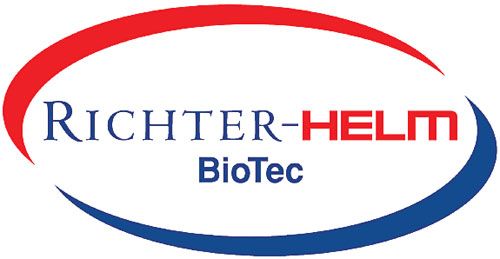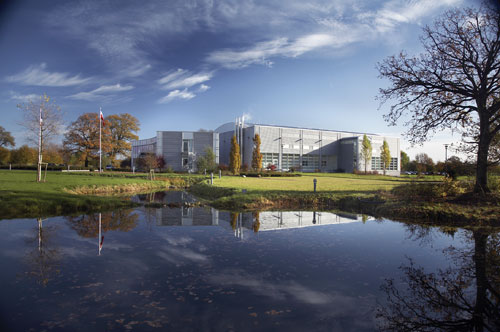October 1, 2011 (Vol. 31, No. 17)
How to Face the Future Challenges in the Biopharmaceutical Contract Manufacturing Landscape
Outsourcing is one of the major global trends in the biopharmaceutical industry. It takes more and more specific know-how to face the challenges for biopharmaceutical manufacturing, including increasing price and cost pressure, the need for high flexibility, and the ever changing (in most cases increasing) regulatory requirements for manufacturing of biologicals.
This article will give you an overview on how a contract manufacturing organization (CMO) with long lasting experience in manufacturing of several classes of biopharmaceuticals is positioning itself to face these challenges.
In the maturing biopharmaceutical industry today we see increasing competition from me-too products, biobetters, and biosimilars to the innovative pipelines. Thus the pressure on the cost of goods (COG) is increasing. In order to reduce COG, each manufacturing facility needs to meet the specific requirements for a new project regarding the technical instrumentation, even before the project commences. This will reduce investment and later depreciation influencing the costs negatively. At the same time it is still important to be able to maintain highest flexibility and to comply with upcoming regulatory requirements. Thus CMOs need to invest constantly in the development of new manufacturing technologies and the necessary equipment.

Implementation of New Process Technologies
At Richter-Helm the investment in new technology is not focusing only on adding new (higher) manufacturing scales; though this generally would be a first reaction after thinking of COG, considering decreasing costs with larger manufacturing scale.
A good alternative to simple scale-up is the implementation of new process technologies that can achieve higher yields, and, at the same time, increased quality or better process robustness at least for certain process steps. During the past years the biomanufacturing industry has made substantial improvements in expression and fermentation technologies. In terms of microbial production, innovative E. coli expression systems combined with high density fermentation regimes can lead to yields up to 20 g of the target protein per liter fermentation broth as was recently shown by Richter-Helm for a fusion protein process.
In addition to high product yields in many cases it is important to find the appropriate expression system for high-quality products that show no or only low expression rates in E. coli. In these cases the use of other bacterial expression hosts, e.g., Bacillus or Pseudomonas strains can help. To deal with even more complex proteins like enzymes or antibody fragments Pichia pastoris technology is another option to use. Thus a multipurpose facility for manufacturing biopharmaceuticals needs to be equipped for the use of all expression systems to be able to reduce up-front investment costs from the very beginning.
New expression systems lead to high primary product yields, which need to be dealt with in purification processes. Thus optimization of the downstream processes is necessary. It was reported recently that the implementation of EBA technology can reduce the total process cost by up to 56%. Other new purification technologies that can be implemented include multicolumn counter current solvent gradient purification (MCSGP), which reduces the loss of product in chromatography steps.
An ongoing trend in biopharmaceutical product development is the covalent modification of proteins by chemical or enzymatic cross linking (e.g., PEGylation, HESylation, Polyasialation) to increase the half life of the products in humans. All these technologies need to be usable in a real multipurpose facility as well.
It goes without saying that all the technologies mentioned in this article are scalable. As a CMO, to offer your customer the possibility to go from bench to market with one manufacturer, it is important to offer more than one scale. At Richter-Helm three different manufacturing scales are available (lab, pilot, large) to implement each project at the best matching scale without high costs for large equipment or the number of batches.

Professional Project Management
The technical capabilities of a CMO alone will not be sufficient to serve the future needs of the customers, professional project execution is also a major success factor. It is extremely important for a CMO to be prepared for the different requirements of different customers from small start-ups to big pharma. The project approach, e.g., regarding the regulatory consultancy required, will be extremely dependent on this. Project management that ensures close collaboration and communication between all parties is becoming more and more important, also driven by the trend toward long lasting partnerships and strategic alliances between developers and manufacturers.
Richter-Helm BioTec
Nordkanalstrasse 28
20097 Hamburg, Germany
Phone +49 40 2375 0
Website www.richter-helm.eu
Date Founded 1987
Number of Employees >120



